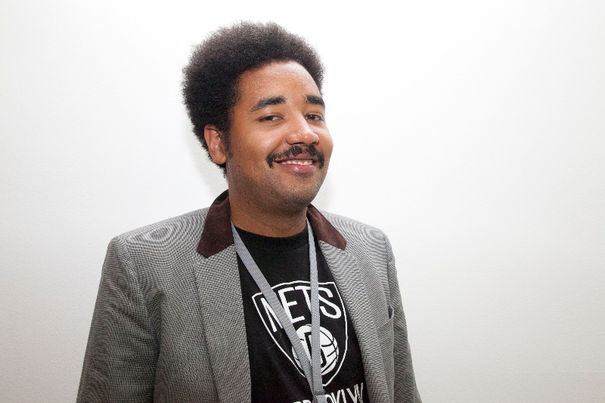Negotiating a role
by Heitor Augusto Though it may sound too tough, a word that would represent, with some accuracy, the state of both local cinema and film criticism in Brazil is “irrelevant”. Nobody's life would stop if, all of a sudden, a catastrophic event decimated both our cinema and our attempts to reflect upon it.

Heitor Augusto
Which is not to say, by any means, that the films that we've been making, and the reflections that have followed are not important. Not at all. But we must face this uncomfortable truth: they're both irrelevant in people's lives. Since our most interesting movies are restricted to film festivals and only reach the exhibition circuit in very unkind situations (few screenings and unfriendly scheduling, e.g. 3 PM), they are seen by very few people. The same for film criticism: in a era of frenetic circulation of information, in which we are constantly exposed to various issues, the writing that really matters is sprayed into this atomized, accessed only by a small cultural elite. We write invisible articles about invisible films.
As for how my work is positioned in such a context, since I've shifted from the journalistic aspirations that guided the very early stages of my career to building a strong interest in permanently studying film form. An aspiration that has directed my work in recent years is to think of film criticism as a way to initiate and establish deeper discussions in a society that cultivates what is ephemeral. I believe that such an attitude may represent a way to fight this very state of irrelevance that film criticism has been forced into.
However, such a role is in permanent negotiation with where readers expect me to be. I constantly try to change these expectations, defending a view of film criticism as a tool to challenge the film-audience-critic relationship while being conscious that such a strategy will limit my work to only a few people.
This limitation is one of the reasons why I see my writing as a complementary form to my work as a lecturer, researcher and curator. In these different fields of activity I see the possibility of exercising various approaches to cinema, potentially reaching a diverse audience. All of these fields, I expect, are integrated and can be summarized into one: film critic.

